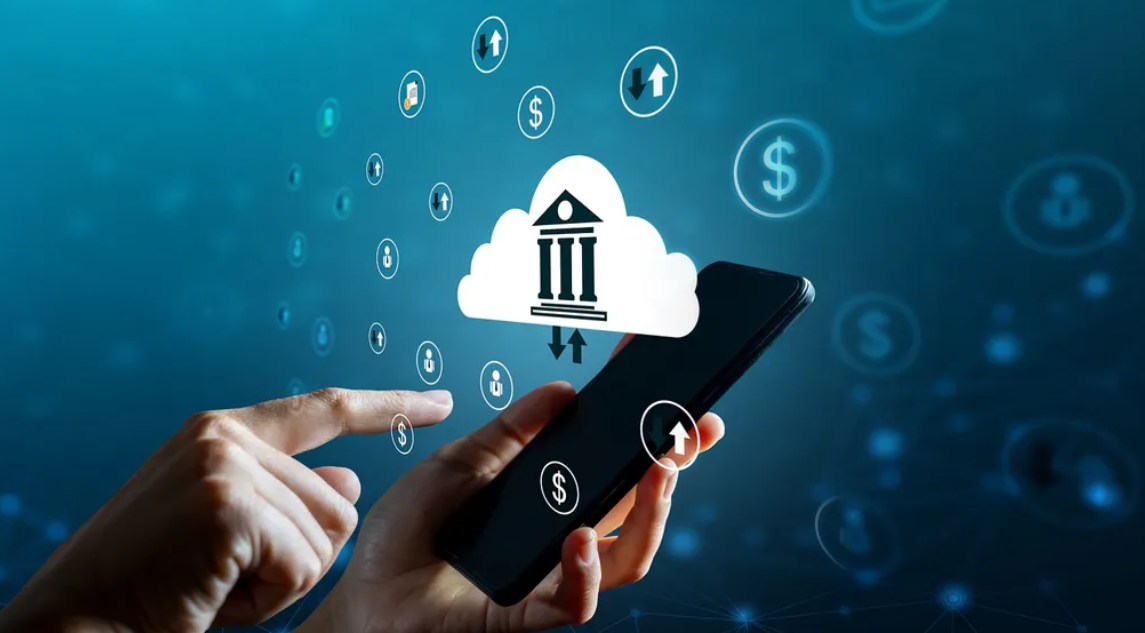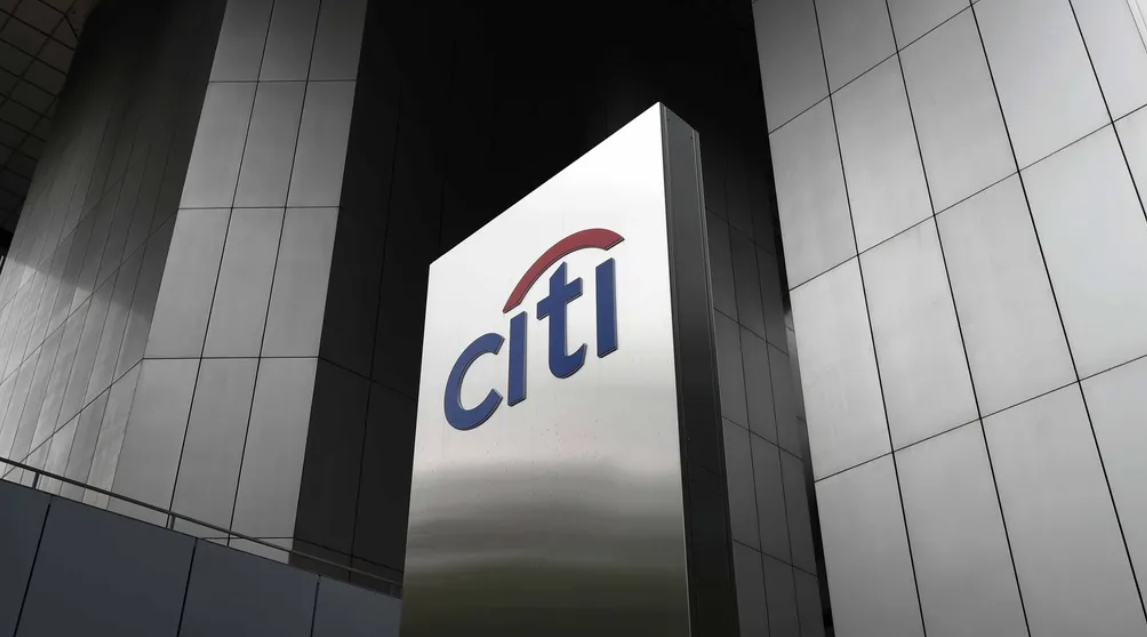Introduction:
In a surprising turn of events, users of the fintech app Brigit are poised to receive a substantial refund totaling $18 million. This article delves into the details of this unexpected refund, examining the reasons behind it and the potential impact on both the users and the fintech industry.
Background:
Brigit, a fintech app designed to help users manage their finances by providing short-term cash advances, has gained popularity for its convenience and accessibility. However, recent revelations have prompted the company to initiate a significant refund process, raising questions about the nature of the refunds and the experiences of users.
Reasons for Refunds:
The $18 million refund stems from identified issues related to certain fees charged by Brigit. Users reported discrepancies and unexpected charges, leading to a thorough internal review by the company. The findings prompted Brigit to take swift action, acknowledging the errors and committing to refund affected users promptly.
Scope of the Refund:
The scale of the refund—$18 million—is notable and reflects the company’s commitment to rectifying any financial discrepancies experienced by its user base. The refund is expected to cover a broad range of users who were impacted by the identified issues, demonstrating a proactive approach by Brigit in addressing customer concerns.
User Experiences:
While the refund is undoubtedly a positive development for affected users, it also sheds light on the challenges users faced with the app’s fee structure. Some users reported unexpected charges and difficulties navigating the financial landscape created by the app. The refund process aims to rectify these issues and rebuild trust among the user community.
Implications for Fintech Industry:
The Brigit refund saga raises broader questions about transparency, fee structures, and user communication within the fintech industry. As fintech apps continue to play a pivotal role in reshaping financial experiences, incidents like these underscore the importance of robust internal controls and effective communication strategies to maintain user trust.
Company Response and Future Plans:
Brigit’s response to the identified issues has been swift and transparent. The company has communicated openly about the refund process, apologized for any inconvenience caused, and outlined plans for addressing the root causes of the problem. Moving forward, Brigit has committed to enhancing its fee transparency and implementing measures to prevent similar issues in the future.
User Empowerment:
The refund process initiated by Brigit also highlights the increasing importance of user empowerment in the fintech sector. Users expect not only efficient financial services but also clear communication, fair fee structures, and avenues for recourse when issues arise. The Brigit refund serves as a reminder that user experiences can significantly influence the success and reputation of fintech companies.
Conclusion:
The $18 million refund for Brigit fintech app users signals a proactive approach by the company in rectifying financial discrepancies. While this incident may have presented challenges for users, it also underscores the growing importance of transparency, user empowerment, and effective communication within the fintech industry. As users anticipate the refunds, the industry as a whole can glean valuable lessons to ensure the continued trust and satisfaction of its user base.


